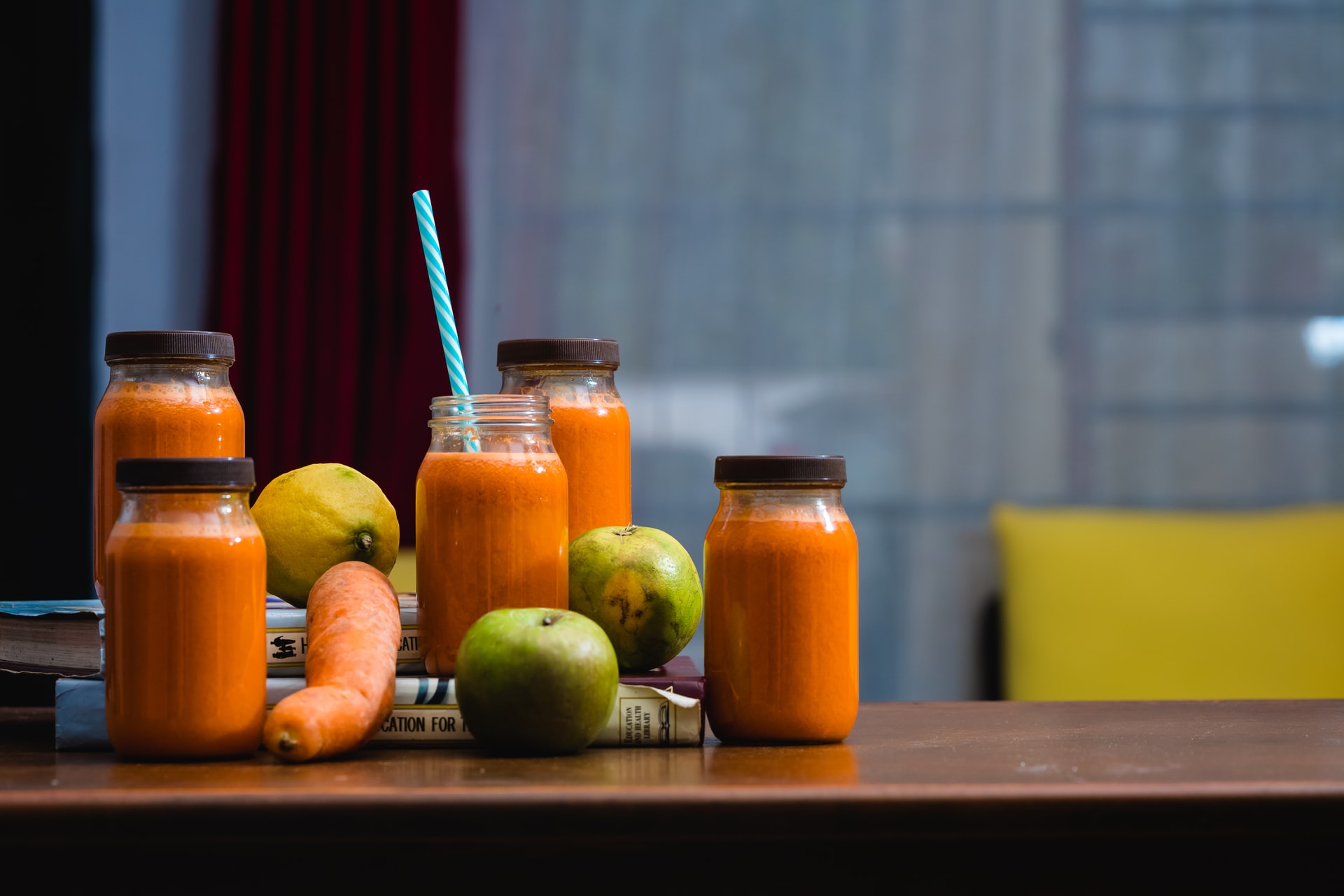
Body + Mind is reader-supported. We may earn an affiliate commission when you buy through some of the links on our site.
Adjusting your diet can improve your health and provide much-needed change. You might have tried different trends in the past, like intermittent fasting or the keto diet. Those lifestyle choices help many people reach their personal goals, but have you ever considered if juicing could be the solution you need?
There are many pros and cons of juicing, which you should think about before you begin. They could prove it’s the right choice for your health needs or point to potential concerns you can discuss with your doctor.
Processed foods line grocery store shelves. Your typical boxed, frozen or canned dinners contain sugars and preservatives. It makes them last longer and cost less, so many people rely on them for the majority of their diet.
Switching to juice provides many natural vitamins and minerals you won’t get from processed food. Depending on which fruits and vegetables you run through your juicer, you’ll absorb more vitamins, such as:
As you digest these nutrients, they’ll heal your body on a cellular level for lasting change.
Juicers grind vegetables and fruits before pushing the contents through a strainer. It creates a delicious drink without pulp or lingering clumps. Even though the texture might be more appealing to you than blended drinks, it cuts 90% of the fiber from whatever you juice.
Unfortunately, the skin of fruits and veggies contains most of the fiber. Without it, your body can’t pass the toxins and waste, which helps lead to weight loss.
Along with other common minerals and vitamins, leafy greens and vegetables contain phytonutrients. They improve your intercellular communication by shielding cells from toxins.
Phytonutrients are powerful antioxidants. They’ll balance your health and fight free radicals that cause cancer, which gives you a powerful tool to improve your long-term health.
You might not have a juicer or the budget to buy one. It’s tempting to stock up on premade liters of juice, but that could increase your sugar intake. Major brands like Welch’s, Naked Juice and Tropicana contain processed blood-spiking sugar that negates any juicing benefits. Spiking your blood sugar leads to weight gain and potentially diabetes.
Use caution regarding natural sugars as well. Fruits and vegetables have glucose, which contributes to hyperglycemia and diabetes even though it’s from an organic source. Juicing may not be suitable for individuals struggling with high blood pressure and similar health conditions.
Some people love cooking, but it can take a lot of time. It’s also frustrating to feel like you spend most of your day in front of the stove. Juicing is much more convenient.
Toss a few of your favorite vegetables or fruits in a juicer, and you’ll have your next meal substitute in seconds. Most juicers are dishwasher-friendly, too, so you don’t need to handwash each part between glasses.
Prep apple juice before work or drink something citrusy before bed to get the nutrition you need without the hassle of making a full meal.
Protein is a critical component of any healthy diet. You’ll find it in meat and beans, but not in juice. Without adding some form of protein supplement to your juice cleanse, you could accidentally slow your metabolism. Compared to the other pros and cons of juicing, people might find this factor most surprising.
When you digest protein, muscle tissues process it by burning more energy stored in fat cells, increasing your base metabolic rate. You’ll lose more body fat with a steady source of protein, so don’t forget to include it if you choose to juice.
Although juice cleanses can lead to immediate weight loss, maintaining a diet without protein will prevent further progress.
Depending on what you juice, you could reduce your bloating. Celery might lack flavor, but it contains key anti-inflammatory benefits that minimize bloating and other health risks.
You might feel bloated on your regular diet because you eat too much sodium or foods that cause gas buildup in your gut. Juicing prevents this so you feel comfortable in your body.
You’ve likely noticed that it cost less to get fast food or processed groceries than stock up on vegetables. Healthy food can require a bigger budget because the price factors in production expenses, including farmworkers, factory teams and shipping.
Depending on how much juice you make, you might need to adjust your typical grocery budget.
Now that you know the pros and cons of juicing, think about how it might help you reach your health goals. Talk with your doctor if you have any questions since this diet will directly affect people with conditions like high blood pressure and diabetes.
Your email address will only be used to send you our newsletter, and at any time you may unsubscribe. For more information, see our Privacy Policy.